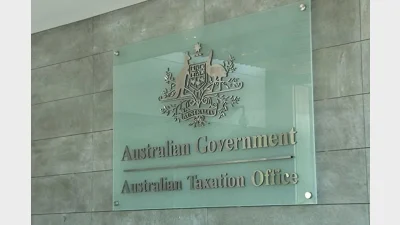(March-2003) Property: it’s just as easy being green
Super funds are expected to increasingly take account of green issues before awarding property mandates, according to Sue Salmon, program manager of the Australian Building Greenhouse Rating Scheme for the Sustainable Energy Development Authority of NSW (SEDA).
“There is a growing indication that super funds are wanting to make investments in property that can demonstrate a commitment to sustainability,” Salmon says. “VicSuper’s $136 million allocation to Colonial First State Property’s (CFSP) Direct Property Investment Fund is a clear demonstration of this fact.”
However, CFSP’s manager of technical services Greg Johnson says the process is likely to be slow in evolving. “There has been a growing ground swell of interest. But it’s early days and isn’t something that’s going to happen overnight,” he says.
According to Investa Property Group managing director Chris O’Donnell, ‘green’ doesn’t necessarily mean increased cost. “The thing about green initiatives in property is that it doesn’t have to cost you money. You can actually do things that have a very reasonable payback period, which are of benefit not only to the environment but are also able to deliver financial returns.”
Investa was the first property manager to rate its whole portfolio in accordance with the SEDA Australian Building Greenhouse Rating Scheme. CFSP and Macquarie now also rate their portfolios against this scheme.
Recommended for you
The responsible investment body is warning that a one-size-fits-all ESG framework mirroring those in the UK and the EU could do more harm than good.
Australian super funds are monitoring the US closely as President Donald Trump increasingly intervenes in corporate policy, moves that are reverberating through global markets and prompting reassessments of portfolio risk.
Industry fund HESTA has filed an appeal against an ATO decision on tax offsets from franking credits, with the Australian Retirement Trust set to file a similar claim soon.
The latest superannuation performance test results have shown improvements, but four in 10 trustee-directed products continue to exhibit “significant investment underperformance”, warns APRA.











